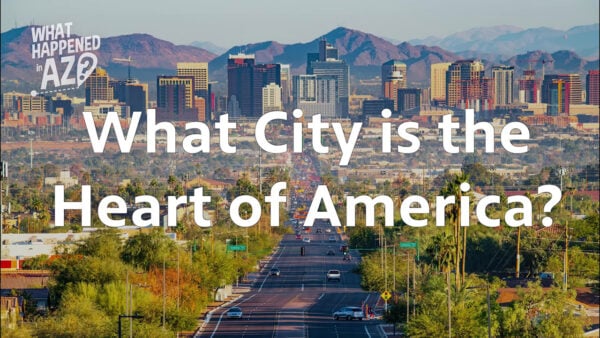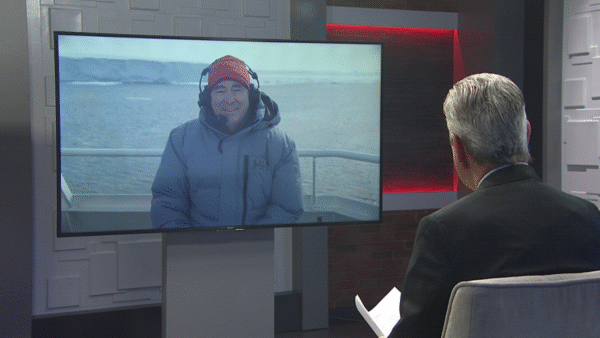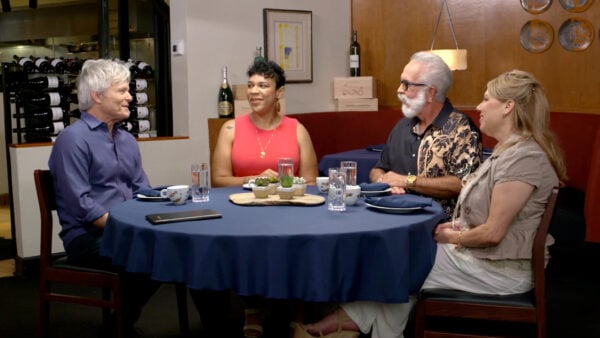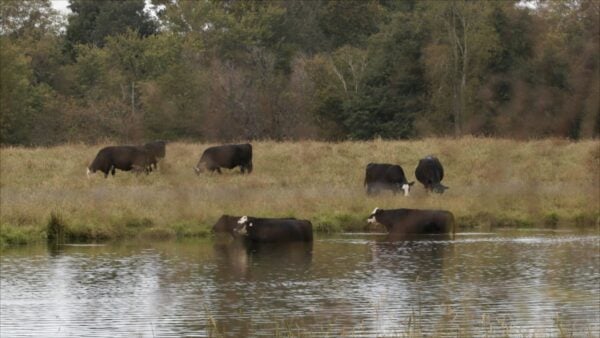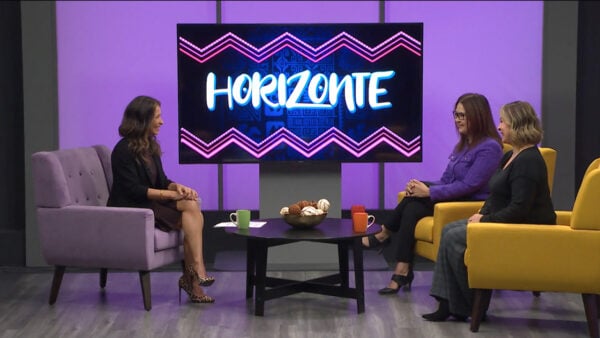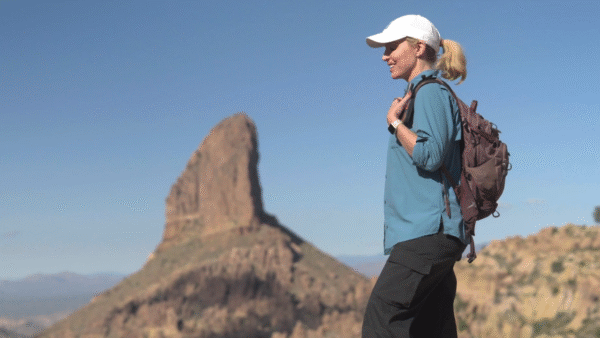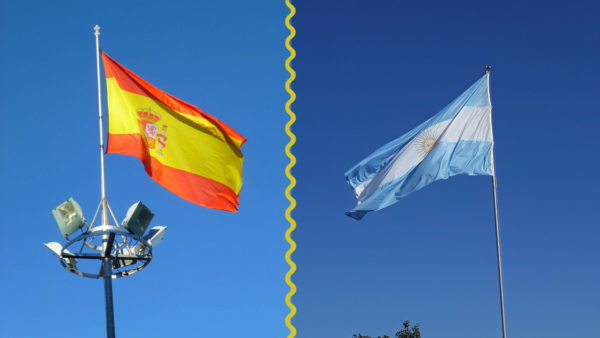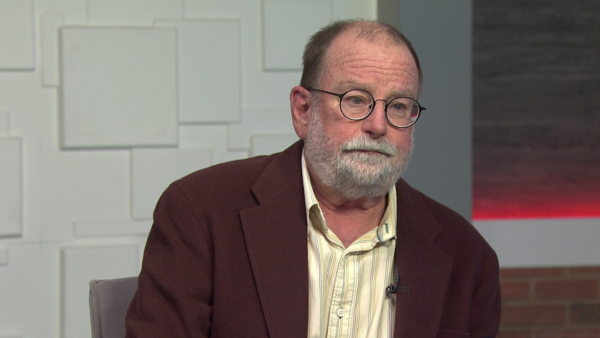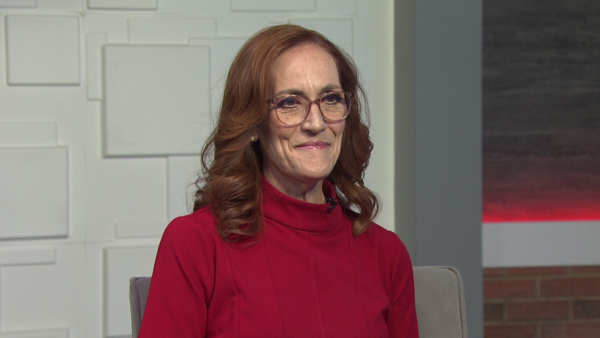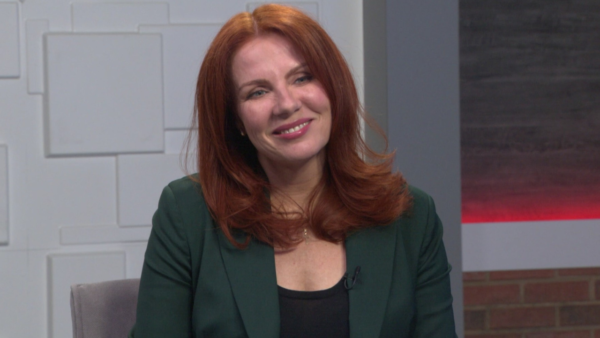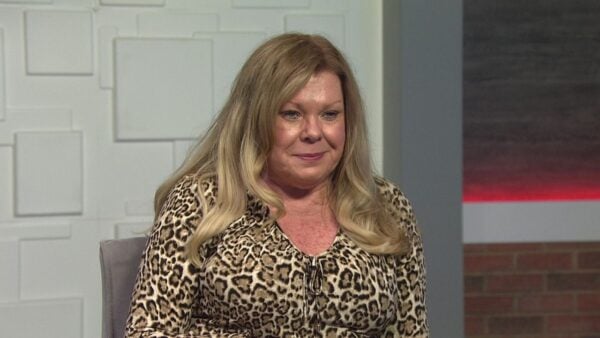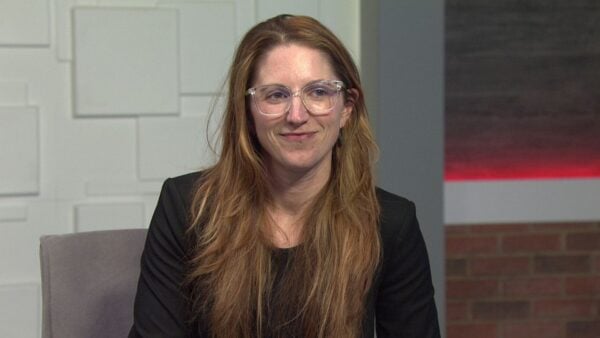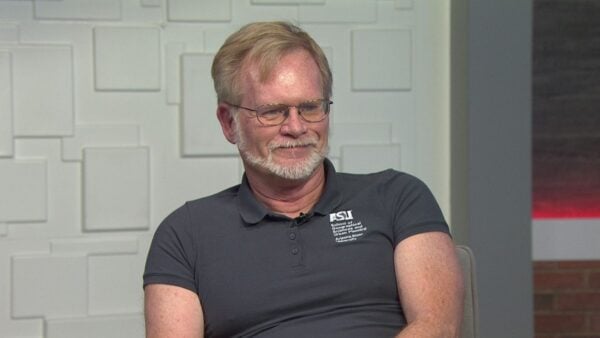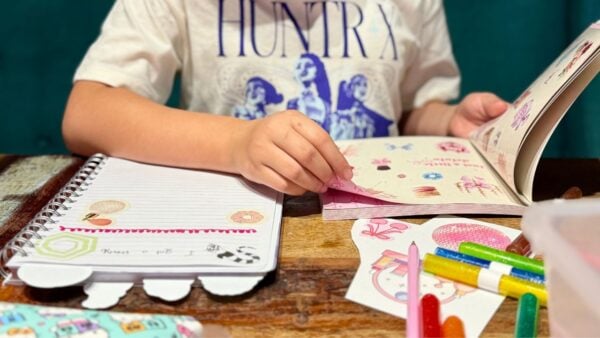From birth to age five, a child’s brain develops more rapidly than at any other time in life. Research has shown that a child’s experiences in these early years — positive or negative, nurtured or neglected — directly affect how the brain develops, with long-term impact on the child’s health and ability to learn and succeed in school and life.
90% of a child’s brain develops by age 5
The human brain, the command center of the entire body, is not fully developed at birth. A newborn’s brain is about a quarter of the size of the average adult’s brain. Incredibly, it doubles in size in the first year and keeps growing to about 80% of adult size by age three, and 90%, nearly fully grown, by age five.
A newborn has all of the brain cells (neurons) they’ll have for the rest of their life, but what really makes the brain work are the connections (synapses) between those cells. In early childhood, these connections are made at an amazing rate, at least 1 million new neural connections every second, far more than at any other time in life.
How brains are built
Starting from birth, these brain connections are formed through a child’s everyday experiences with their parents and adult caregivers. The amount and quality of care, stimulation and interaction they receive in early childhood determines which brain connections develop and last for a lifetime.
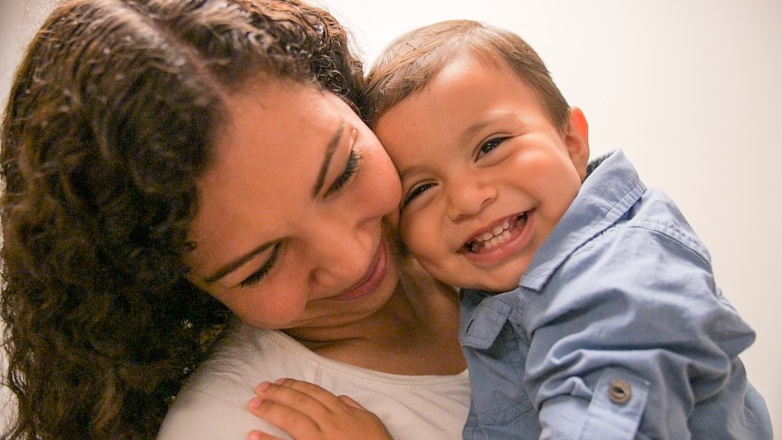
Young children serve up invitations to engage with their parents and other adult caregivers in their lives. Babies do it by cooing, smiling and crying; toddlers are able to communicate their needs and interests more directly. Each of these little invitations is an opportunity for the caregiver to either be responsive or unresponsive to the child’s needs.
This serve-and-return process is fundamental to the wiring of the brain. Loving relationships with caregivers who consistently give attention, respond and interact with their child are essential to a child’s healthy development. These relationships begin at home, with parents and family, but also include childcare providers, teachers and other members of the community.
After the first three years, the brain begins to fine-tune itself. Connections that are used more often become stronger, while those that are not used are eventually eliminated. This is a normal process called pruning that makes the brain more efficient. Building brain connections is like building muscles: use it or lose it.
Long-term impact
Studies have shown babies and young children who grow up in safe, stable and nurturing environments, with lots of positive interaction with parents and caring adults, will go on to be healthier and more successful in school and in life. Unfortunately, the opposite is true as well. Young children who are deprived of caring interaction do not develop as many positive brain connections. Hunger, neglect and exposure to family violence are all factors that can negatively impact a child’s early development and, subsequently, their future.
That’s why it’s so important to support the healthy development of young children. Because the seeds of a healthy, successful life are planted in the early years.
What do you recommend as ways to support young children through positive interactions? Share your ideas and strategies with our community on Arizona PBS KIDS on Facebook.
About First Things First

First Things First is Arizona’s early childhood agency, committed to the healthy development and learning of young children from birth to age 5. Learn more about early childhood programs at FirstThingsFirst.org.

